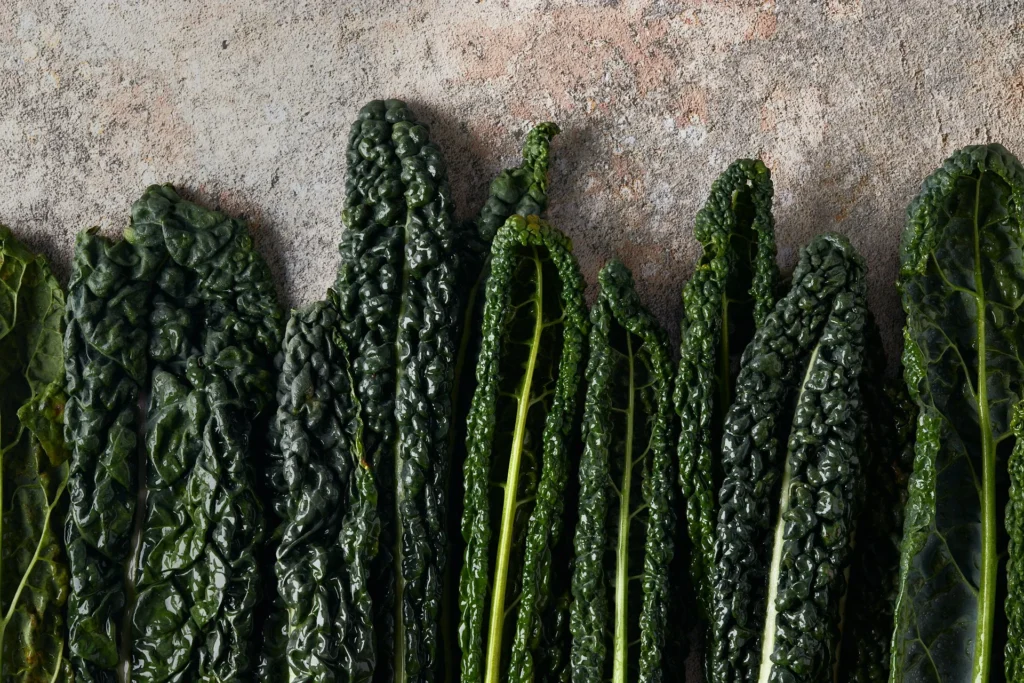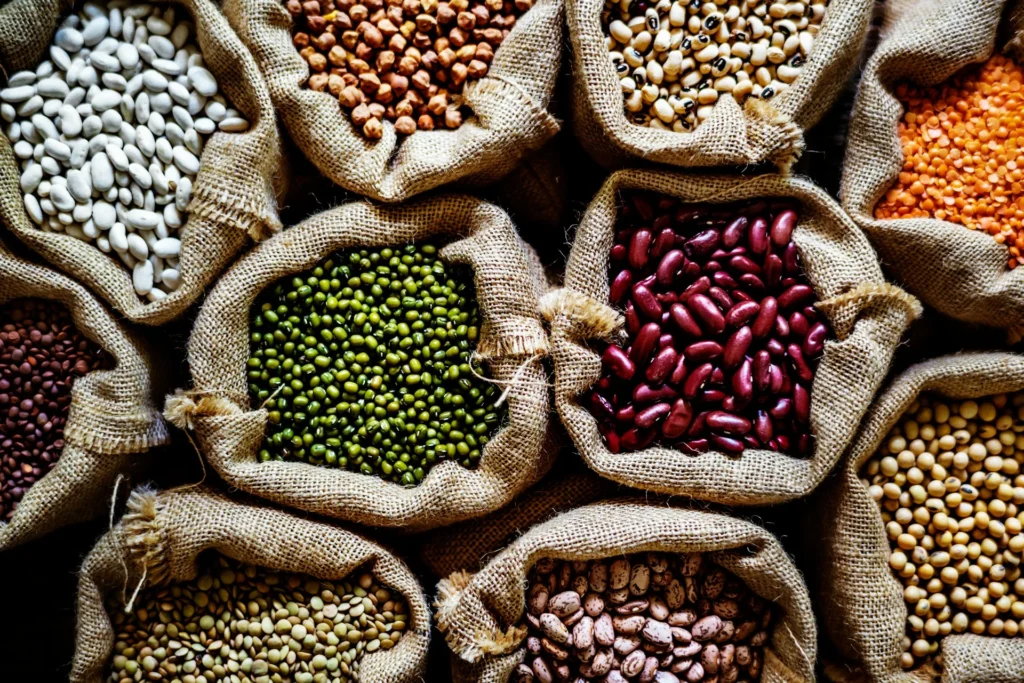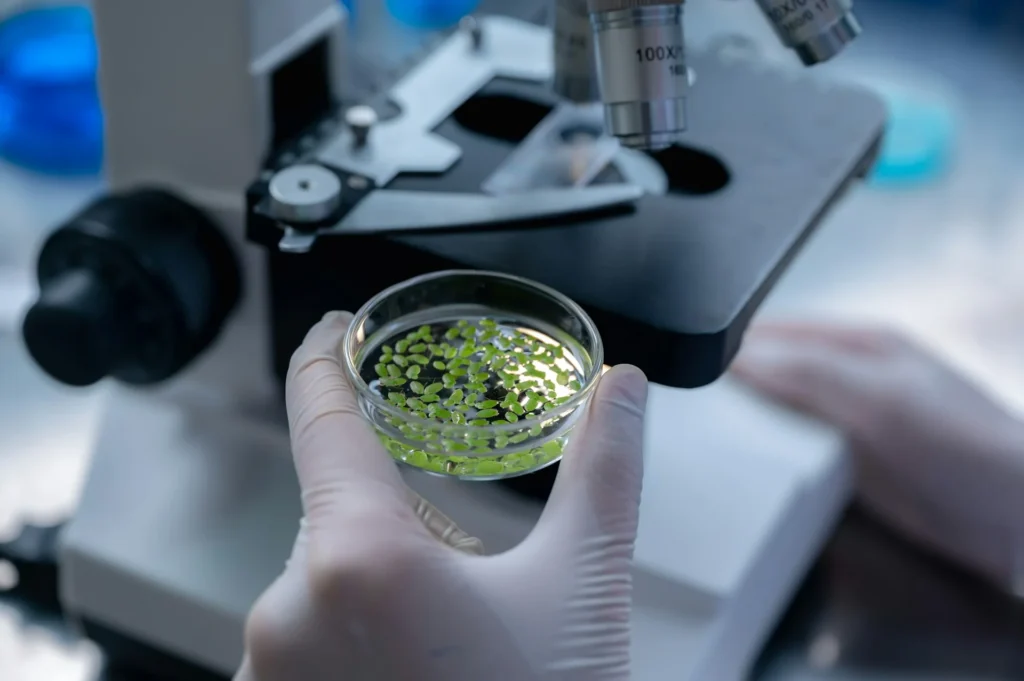According to a recent report, based on data from market research firm Circana, compiled by the Good Food Institute Europe, the market for plant-based foods in Italy showed significant growth between 2021 and 2023, despite price increases due to inflation.
The total sales value of the seven major categories of the most commonly purchased plant-based products (plant-based alternatives to meat, milk and beverages, cheese, yogurt, cream, ice cream, and desserts) reached 641 million in 2023, representing a 16.1 percent increase over 2021. Unit sales increased by 5.8 percent and volumes by 2.6 percent. Between 2022 and 2023, the value of sales grew by 8 percent, with particular growth for cheese and vegetable meat.
In 2023, the main categories were milk and beverages (49 percent of total value) and vegetable meat (31 percent). Despite higher prices than animal products, demand for plant foods continues to grow, supported by strong consumer interest.
The Italian increase is in line with the European trend: on the old continent, consumers are revising their eating habits, often for environmental and health reasons.
The demand for “vegetable meat” and vegetable milk
According to the report, between 2021 and 2023, the vegetable-based meat market in Italy experienced significant growth, with sales value increasing by 24.2 percent to 199 million euros. During the same period, unit sales rose 15.1 percent, while sales volumes grew 11.4 percent to 14.6 million kilograms.
Partial data for the first months of 2024 confirm the positive trend: compared with the same period in 2023, an increase in sales value by 10.4 percent, unit sales by 13.6 percent and sales volume by 10.5 percent was observed.
The numbers in this sector include products such as kibble and veggie burgers, although it is not possible to isolate data on products that closely mimic traditional meat and texture. The category excludes foods such as tofu, tempeh, and seitan, which nonetheless saw a 20 percent increase in sales between 2021 and 2023.
In 2023, most vegetable meat sales were recorded for refrigerated products (69.7 percent of volume), followed by frozen products (30.1 percent) and stored at room temperature (0.2 percent). Among formats, burgers were the preferred choice of consumers (61.5 percent of sales volume), followed by whole cuts (13.3 percent) and formats such as stews, shreds, and skewers (13.3 percent).
The average price of plant-based meat increased 12 percent between 2021 and 2023, but began to decline slightly in 2024, in line with fluctuations in food inflation in Italy. This ever-expanding sector thus reflects the growing demand for alternatives to traditional meat by Italian consumers.
Among plant-based products, meat and milk are the real growth drivers. In Italy, these two categories account for 49 percent and 31 percent of industry sales, respectively. An interesting figure concerns plant-based beverages (this category includes all types of plant-based milk and some other beverages containing an alternative component to milk, such as coffee drinks), which have managed to capture 7.4 percent of the total milk market, including that of animal origin.
Vegetable cheeses
Alongside these products, plant-based cheeses are growing rapidly, with a 77 percent increase in sales between 2021 and 2023.
An interesting aspect of the report concerns, also, the comparison between plant-based and animal-based cheese sales. Although prices for plant-based products are generally higher, sales of plant-based cheese increased by 40 percent over the two-year period 2022-2023, compared with a 12 percent increase in animal-based cheeses. This shows a strong and established demand for more sustainable alternatives, even at higher costs.
Tonazzo Group’s turning point: only vegetable products from 2024
A strong and concrete signal of this change comes from the Tonazzo Group, owner of the Kioene brand, which announced its decision to completely abandon meat production by December 31, 2024. Albino Tonazzo, Sole Director of the group, explained that this choice is the result of years of reflection within the family, moved by moral convictions related to environmental sustainability and the promotion of a healthier and more balanced diet.
Tonazzo said, “We are kicking off our company’s third revolution today, hoping that it will also represent a change for the entire industry. It is a gesture of great responsibility toward the environment and the food well-being of future generations.” The Kioene brand, already a leader in the vegetable alternatives market, will be further developed and promoted.
The European context: reducing meat consumption
Not only in Italy, but throughout Europe there is a significant reduction in meat consumption. A survey conducted by the Smart Protein Project revealed that 51 percent of Europeans have reduced their meat consumption. This choice stems mainly from reasons of health (46 percent), animal welfare (29 percent) and environmental impact (26 percent). This trend is confirmed by data from several European countries.
In France, for example, per capita meat consumption has declined by 5.8 percent over the past 20 years, with beef in particular falling sharply, while in Germany meat consumption has reached its lowest levels since 1991. The United Kingdom also experienced a significant 14 percent decline in per capita meat consumption between 2012 and 2022, supported by a growing demand for plant-based alternatives.
The role of research and innovation
In the United Kingdom, the government is investing significantly in innovation to accelerate the development of plant-based products. The National Alternative Protein Innovation Centre (NAPIC) is one of the most prominent examples: with an investment of more than £91 million, the center aims to develop innovative and sustainable products, working closely with companies, academic institutions and regulators to integrate these alternatives into the food system.
Conclusions
The market for plant-based products represents one of the most relevant food trends of our time, underpinned by growing environmental awareness and increased attention to animal health and welfare. However, to unlock the full potential of this sector, it will be essential to break down economic and regulatory barriers while promoting innovation. The Tonazzo Group’s decision to move away from meat production and focus exclusively on plant products demonstrates how the future of food can be more sustainable, both for the planet and for future generations.







